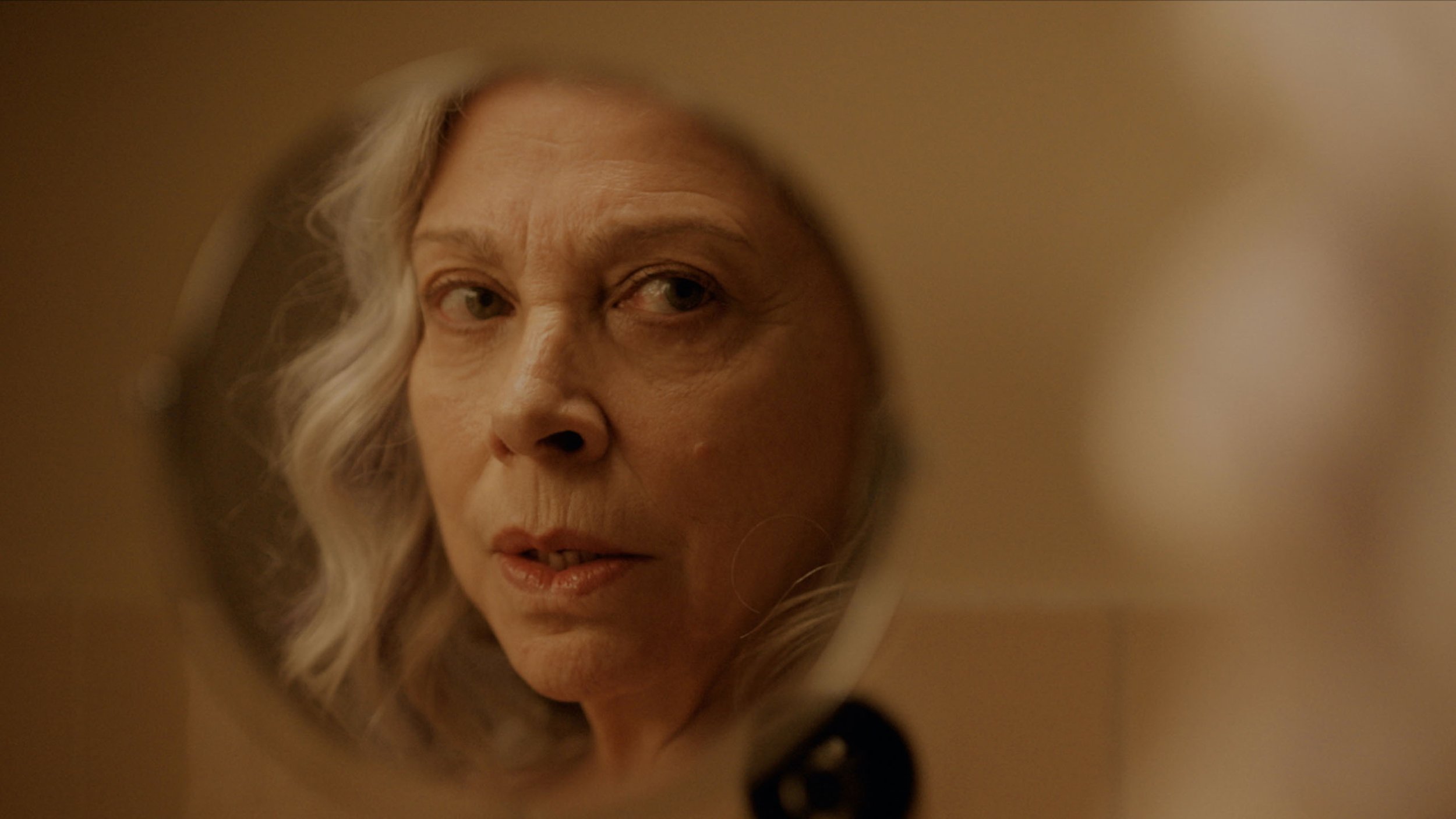Wow, Fantastic Machine is PURE DANG FUN! Think of it as a clip show—of the most wonderful and goofy and disquieting moments that humans have ever recorded with a camera.
I mean, do you know how many thousands of generations couldn’t re-live their baby’s first steps? Couldn’t see the Earth for the pale blue dot it is? We have context and comfort now, thanks to this fantastic machine.
Does a horse at gallop always have one leg on the ground? Only with the camera could we settle the (rich man’s) bet.
And just as beautifully, it’s helped us laugh. If you don’t believe me, here, take this teaspoon of cinnamon powder. Look at how silly this woman is, hanging off the world’s tallest building with one arm to take the perfect pic. And when you’re done we can watch bloopers from a terrorist recruitment video—you know, the one that models its explosions on Hollywood movie trailers(?!).
Of course, we’ve done terrible, awful things with the camera, too, and the moviemakers force us to reckon with that fact. Like when that movienerd talks, completely enthralled, about her art—and not about how she was the pawn of a murderous dictator. Like when we see a deceased young girl swarmed by paparazzi. Yes, the camera can commodify even death.
What becomes clear is that as much as we’ve evolved this fantastic machine, it has evolved us. In reminding us of this, and in having us think about whether it’s OK, Fantastic Machine is a treasure.



